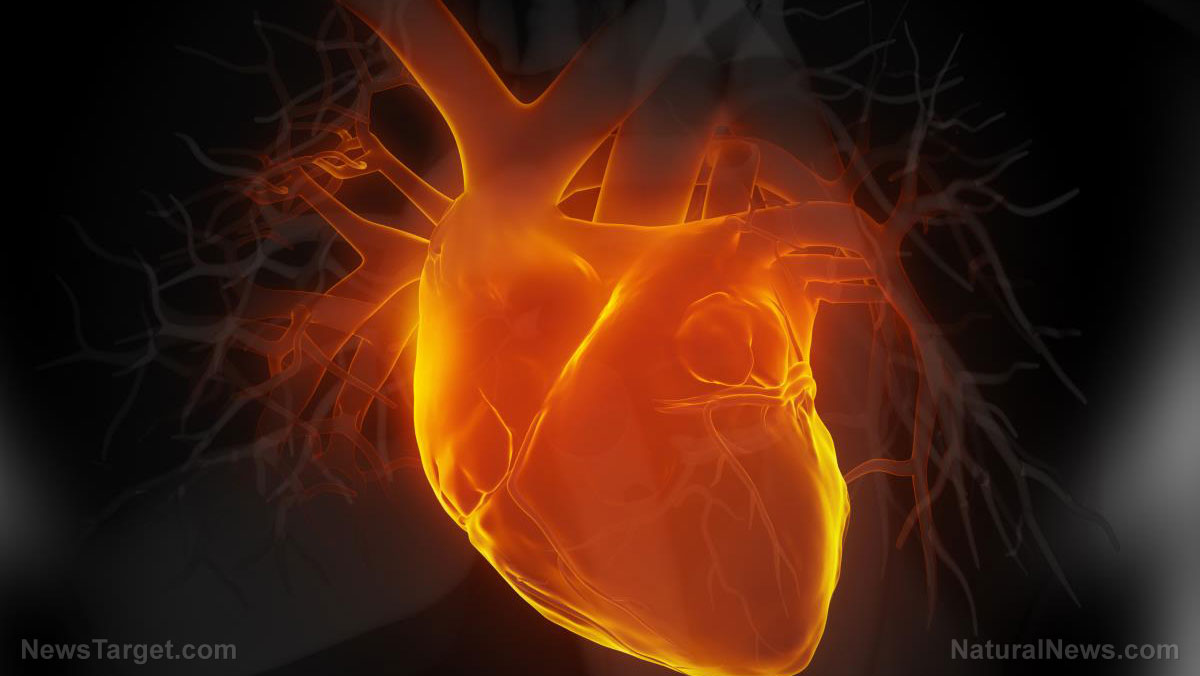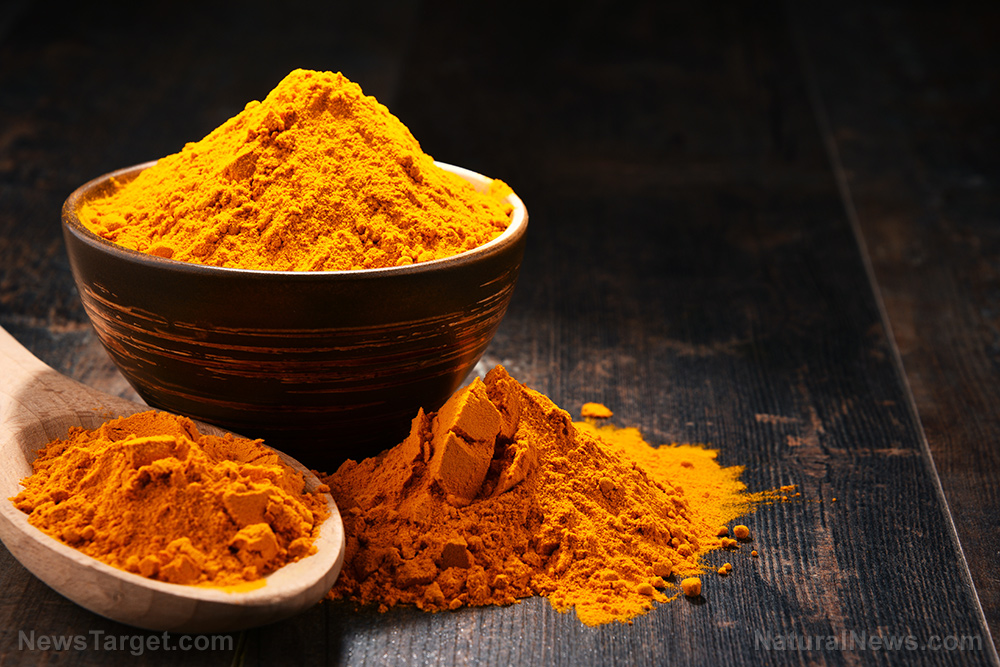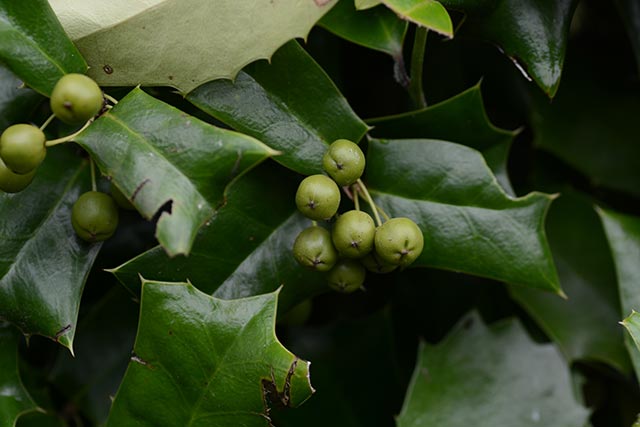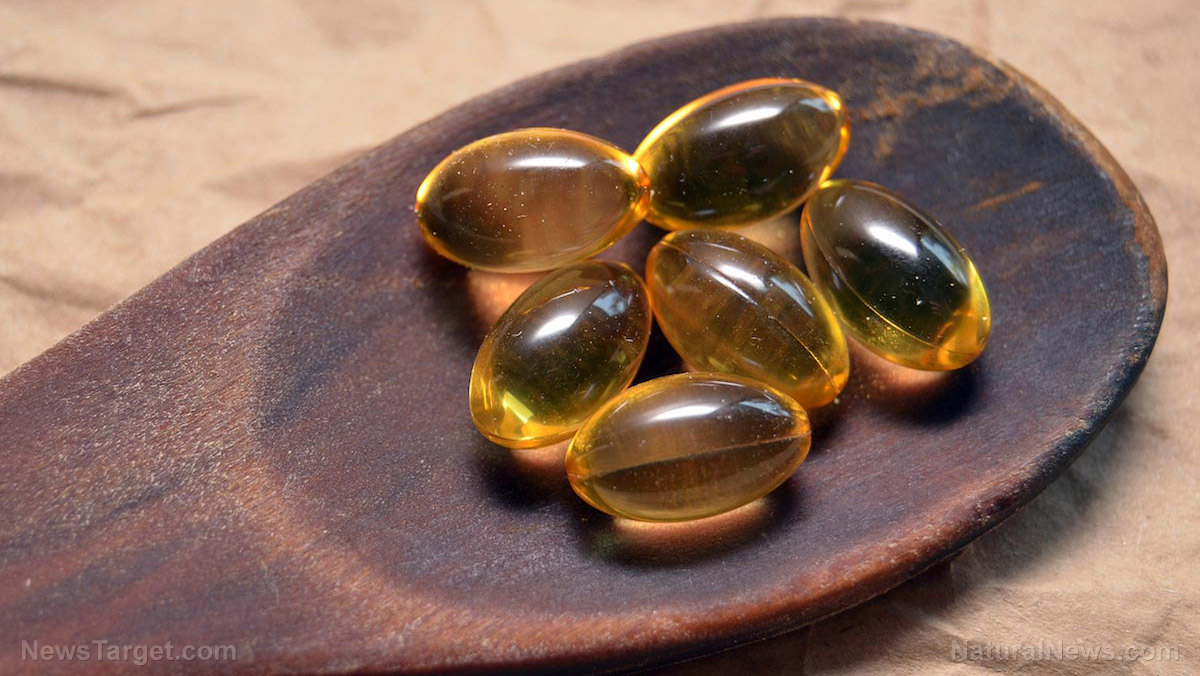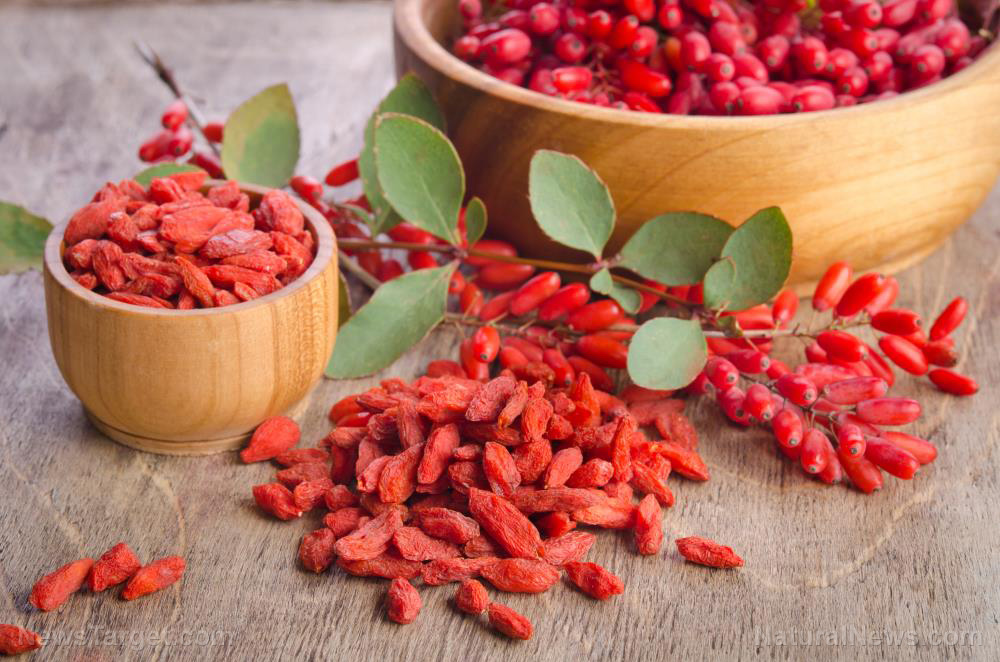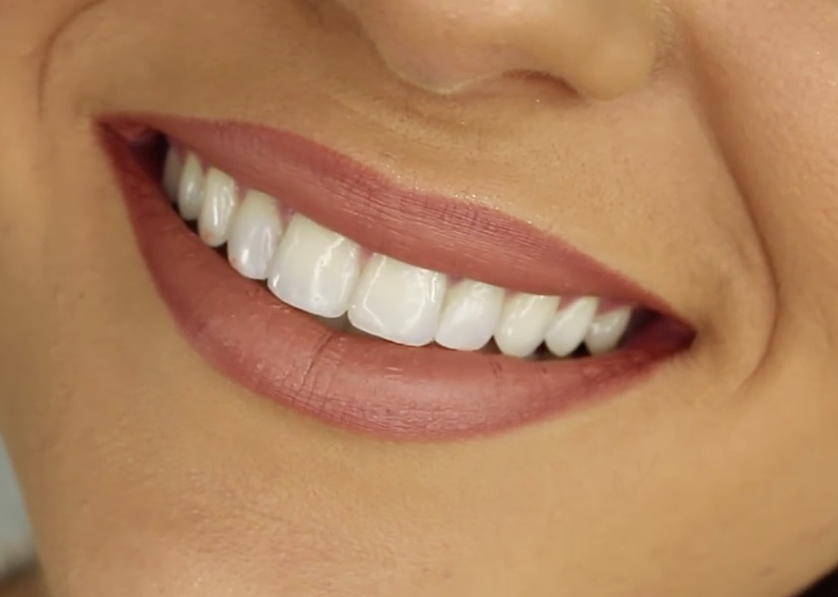Boxwood displays antispasmodic and cardio-suppressant effects
10/06/2018 / By Ralph Flores
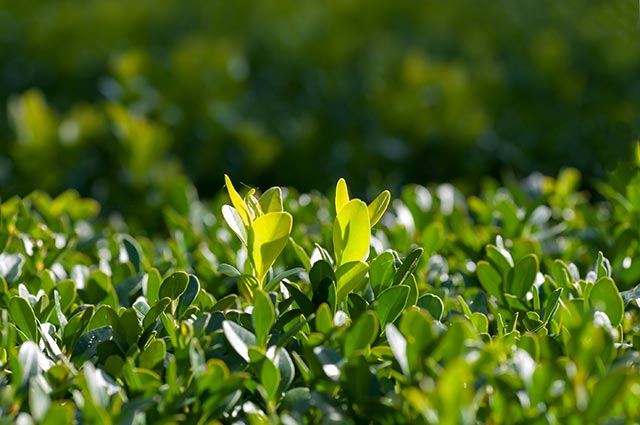
A species of boxwood found in the Himalayas can be used to treat conditions that affect the cardiovascular and respiratory systems, as well as those that affect the gastrointestinal tract, according to a study in BMC Complementary and Alternative Medicine. Researchers from Pakistan, together with the Harvard School of Public Health, investigated the pharmacological properties of Buxus papillosa C.K. Schneid. (Buxaceae).
- The team conducted in vivo tests using extracts of B. papillosa obtained from different areas of the plant: namely, the leaves (BpL), stems (BpS), and roots (BpR). The team then fractionated the leaf extracts using hexane and water.
- The plant constituent and its cyclomicrobuxine effect were studied using preparations of the jejunum, atria, aorta, and trachea of rabbit and guinea pig samples.
- Researchers found that the plant extracts contained calcium channel-blocking properties, including its cyclomicrobuxine activity, with sampled muscles from the jejunum relaxing from spontaneous contractions after exposure to the extracts.
- In addition, the calcium channel-blocking properties exhibited by the extracts were comparable to that of verapamil, a drug prescribed to relax vascular muscles.
- From tracheal preparations, the team found that B. papillosa extracts significantly relaxed contractions induced by potassium chloride and carbachol.
- Aortic rings exhibited dose-dependent effects of B. papillosa, based on tests using phenylephrine- and potassium-induced contractions.
- Guinea pig atria preparations showed that the aqueous fraction was effective in suppression atrial force of contractions.
Researchers concluded that B. papillosa is able to inhibit contractions induced in the gut, airways, and cardiovascular system.
Read the full text of the study at this link.
Learn more about boxwood and its other benefits by following Herbs.news today.
Journal Reference:
Khan AU, Ali S, Gilani AH, Ahmed M, Choudhary MI. ANTISPASMODIC, BRONCHODILATOR, VASORELAXANT AND CARDIOSUPPRESSANT EFFECTS OF BUXUS PAPILLOSA. BMC Complementary and Alternative Medicine. 18 January 2017;17(54). DOI: 10.1186/s12906-017-1558-x
Tagged Under: alternative medicine, boxwood, Buxus papillosa, cardiovascular disease, cyclomicrobuxine, ethnomedicine, herbal medicine, Himalayas, medicinal plant, natural cures, natural medicine, relaxant, vasodilator

